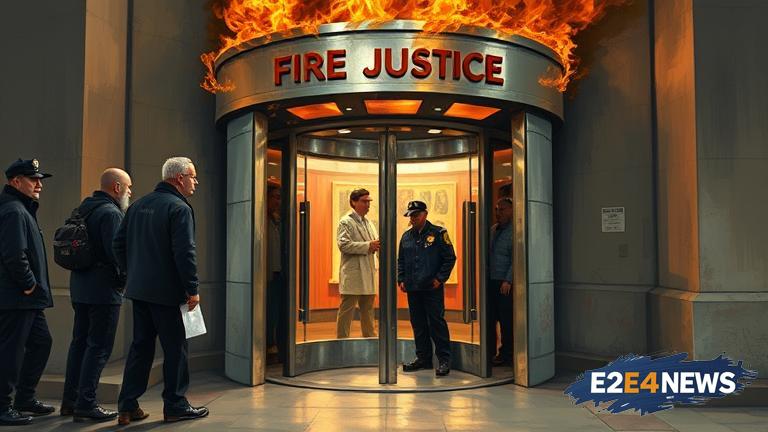The New York criminal justice system has come under scrutiny for its handling of repeat offenders, with some individuals racking up hundreds of arrests without facing meaningful consequences. This phenomenon has led to widespread criticism, with many arguing that the system is failing to hold perpetrators accountable for their actions. One notable example is a man who has been arrested over 200 times, with charges ranging from theft to assault, yet continues to be released back onto the streets. This has raised concerns about the effectiveness of the justice system in protecting the public and preventing further crimes. The issue is further complicated by the fact that many of these repeat offenders are struggling with underlying issues such as mental illness or addiction, which are not being adequately addressed. As a result, they continue to cycle through the system, committing new crimes and accumulating more arrests. The problem is not limited to a few isolated cases, but rather is a systemic issue that affects communities across the city. Residents and business owners are growing increasingly frustrated with the lack of accountability and the perceived leniency of the justice system. Some have called for reforms, including stricter bail laws and increased funding for mental health and addiction services. Others have argued that the system is too focused on rehabilitation and not enough on punishment, allowing repeat offenders to continue committing crimes without facing significant consequences. The debate has sparked a wider conversation about the role of the justice system in society and how to balance the need for public safety with the need for rehabilitation and support. Despite the challenges, there are efforts underway to address the issue, including initiatives to provide additional support services for those struggling with mental illness or addiction. However, more needs to be done to address the root causes of the problem and ensure that the justice system is holding perpetrators accountable for their actions. The situation has also raised questions about the impact of recent reforms, including the bail reform law that took effect in 2020, which has been criticized for allowing too many repeat offenders to be released back onto the streets. As the debate continues, one thing is clear: the current system is not working, and it is time for a new approach. The people of New York deserve a justice system that prioritizes public safety and holds perpetrators accountable for their actions. By working together, it is possible to create a more effective and equitable system that supports both victims and offenders, and helps to build safer, more resilient communities.
